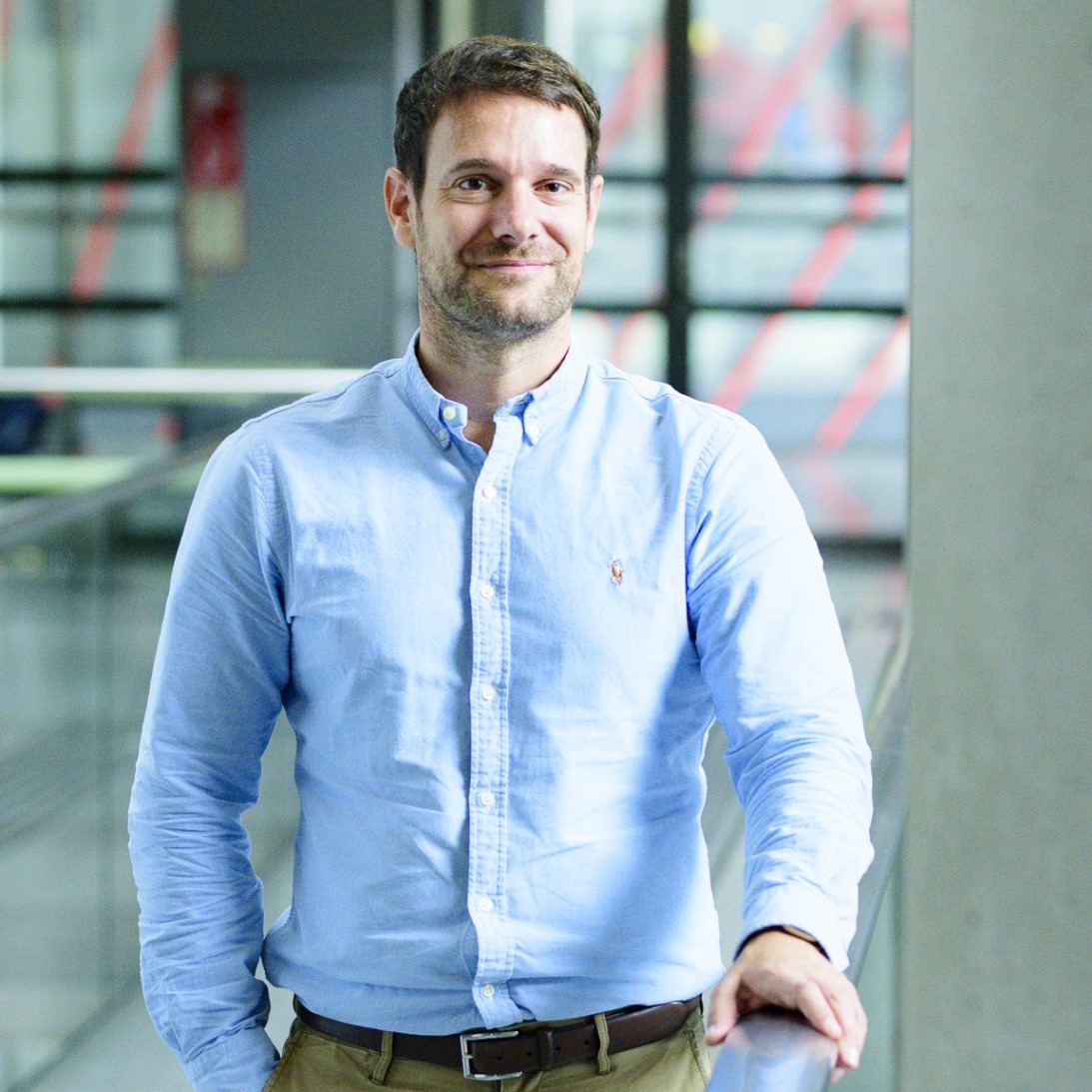Fundamental and human rights are the foundation of everyone’s ability to embark on a journey toward a more free and enlightened way of life. The roots of these rights lie in the eighteenth century era of the Enlightenment, particularly in the ideas of Immanuel Kant. This philosopher already devised the foundations for the central values of our modern legal order more than 250 years ago: democracy, human rights, and the rule of law. Paul Gragl follows these tracks and explores what role the autonomous individual can play in today’s constitutional, European, and public international law. He examines, for example, how and when the EU will finally accede to the European Convention on Human Rights, or how the phenomenon of annexation, now having gained renewed relevance due to Russia’s war of aggression against Ukraine, can be best understood.

Univ.-Prof. MMag. Dr.iur Paul Gragl
+43 316 380 - 6756
Department of European Law
By appointment by email
https://europarecht.uni-graz.at
How can the law ensure cohesion in Europe?
Increasing corruption, lack of control by an independent judiciary, restrictions on freedom of expression: in some EU countries, such as Hungary, the rule of law is increasingly being undermined. Paul Gragl observes and comments on these developments from a legal perspective. He is particularly interested in the protection of fundamental and human rights.
Read more about Paul Gragl's research (German only)